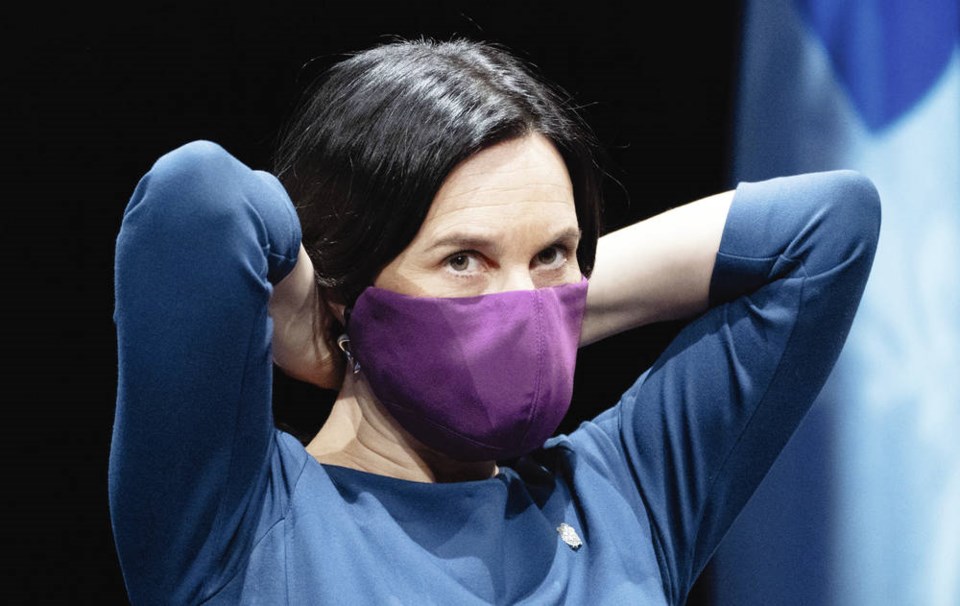Is it ever morally OK to make life-and-death decisions for other people? Most people would say no, but it happens many times daily in Victoria.
When someone decides to not wear a mask, have they have really considered the implications?
Anyone with a faith-based background, or a strong sense of right and wrong, will be concerned with the morality of someone deciding their behaviour won’t harm others, despite scientific evidence to the contrary.
But that is what happens when a maskless person passes another person and makes no attempt to provide a safe distance as defined by the experts. The maskless person has decided that the risk is low, but not for them, for the other person.
And if that decision is wrong, and the other person ends up in the hospital or worse?
More than 2.5 million people have died in the pandemic, but many people are unwilling to slightly modify their behaviour to protect others from the disease, hospitalization or death.
Unwilling to follow public safety guidelines developed by our best scientists to prevent death and illness, and keep hospitals available for other medical emergencies and procedures.
But every day, many people participate in behaviour that scientists deem risky, and that puts others at risk, not themselves. It is quite frankly morally reprehensible, if the decision is made purposefully.
It’s very risky when people make up their own science, especially during a pandemic. Other people are not safe when an unmasked person comes within two metres. That is based on science. Take a look at the B.C. Centre for Disease Control guidelines.
My view is most people just don’t think about it. They have heard that it is safer to be outside than inside. But there is no science around how much safer you are because there are too many variables. Each situation is different. Other people’s behaviour is unpredictable.
We have been lucky here. Cases have been low, but the public health experts say now is when we are most vulnerable and need to be most vigilant. One outbreak of the U.K. or South Africa variant could change our situation dramatically in a period of weeks. It is happening elsewhere.
Some people complain that masks are not comfortable. Yet many folks are willing to put up with worse discomfort for much less noble considerations. Like fashion. High-heeled shoes, clothes that look cool but aren’t very comfortable to wear. But that uncomfortable mask could save someone’s life.
Some try to compromise by putting on a mask when they think it is necessary and taking it off when not. It seems like a reasonable practice, but there are issues. Data show that virus can get caught in the front of masks as people breathe in. So every time the mask goes on or off there is a risk the wearer will contaminate their fingers.
The on-and-off method has other issues. When you need to react quickly, you may not have enough time to fit the mask properly. Leaks around the nose are common and take a little time to get right. As well, you never know when someone will walk in front of you unexpectedly, leaving you no time to put your mask on. Most public health officials suggest once you have the mask on, leave it on.
There are so many good, caring, wonderful people in our city. I do not believe that this lack of compliance is always purposeful. Other things conspire for our attention.
But these are weighty life and death issues. A hopefully once-in-a-lifetime situation that calls for continued mindfulness about how our behaviour could drastically impact the lives of others, their family and friends.
• B.C. Centre for Disease Control COVID‑19 guidelines
Andy Beers lives in James Bay. Now retired, he was previously an executive at Microsoft and the news director at KING-TV in Seattle during the 1990s.



